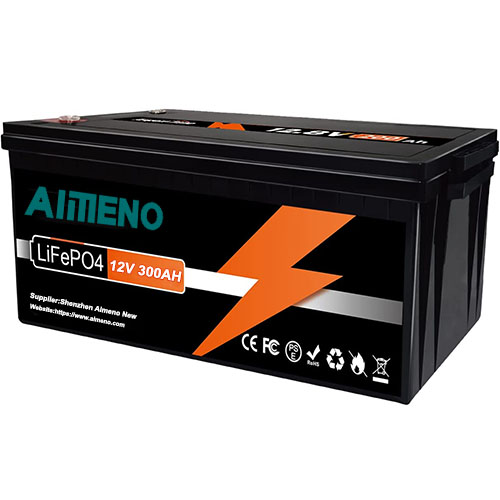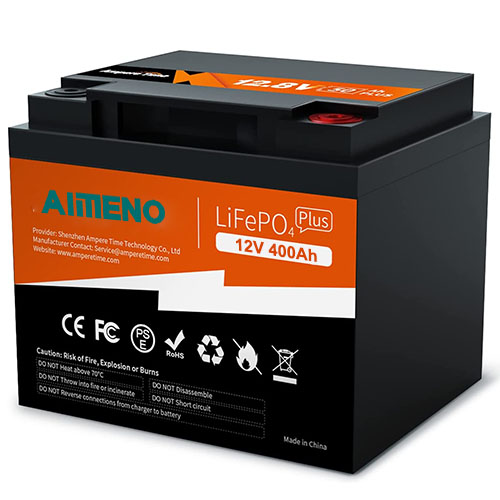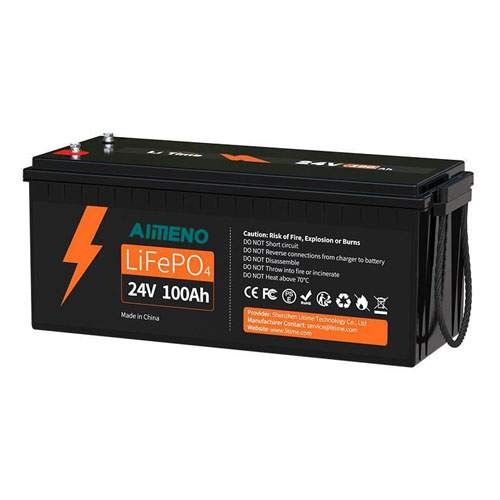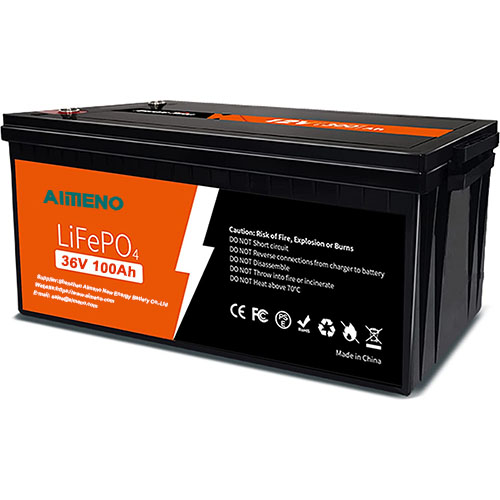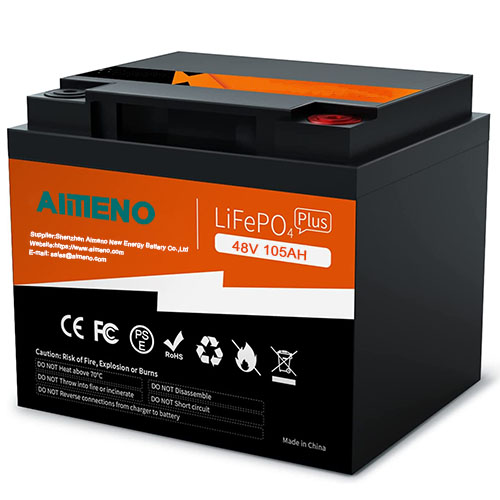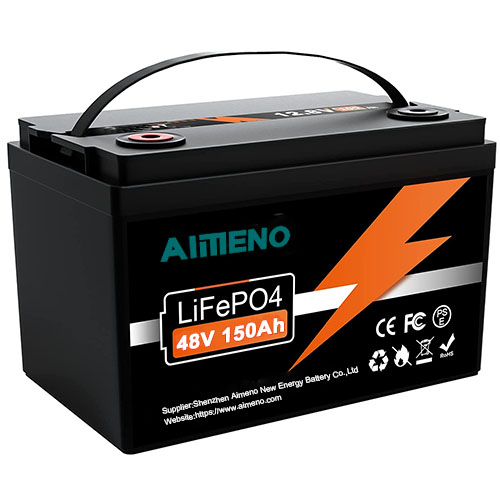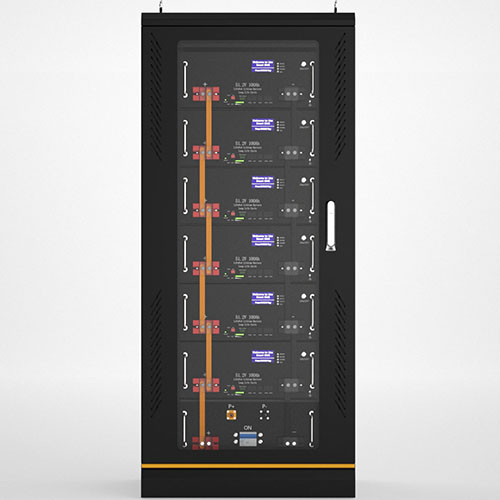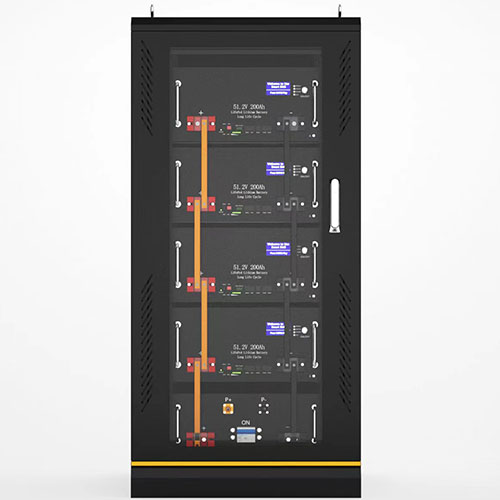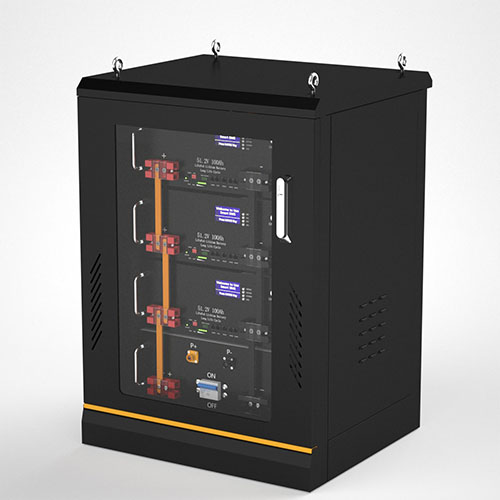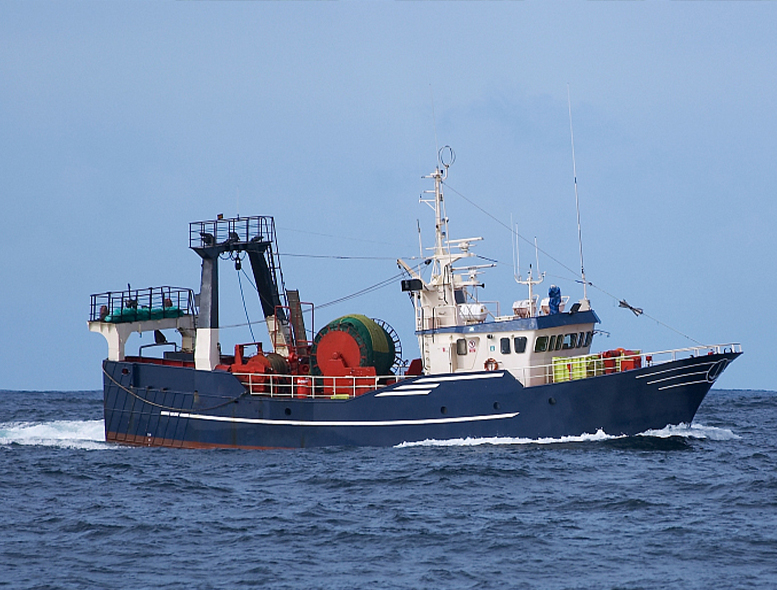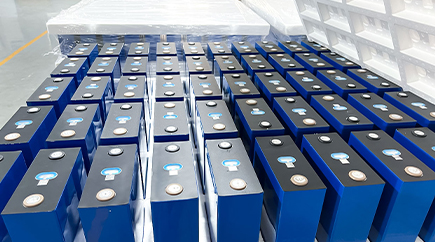Lithium Marine Batteries Buying Guide:
HOW TO CHOOSE THE RIGHT BATTERY FOR YOUR BOAT
1. Determine Your Needs
Do you need to power a trolling motor? Fishing electronics? Do you have other
load power needs for lithium batteries? Please indicate the continuous load
situation and peak load situation.
2. Set Your Budget
Utilizing lithium batteries for your boat will save money and time over the
long haul. Still, it’s an investment.
3. Choose the Best Lithium Battery for Boat
Here are the top three priorities when choosing a lithium battery for marine
applications.
Types of Lithium Marine Batteries and Their Purpose
CRANKING BATTERIES
Most bass boats require two basic types of 12 volt batteries. The cranking,
or starting battery type is used to start the main engine. And the deep cycle
battery type is used to power the trolling motor and other accessories. Some
batteries do both, to some extent anyway.
DEEP CYCLE BATTERIES
Deep cycle batteries, unlike cranking batteries, are designed to release
power slowly. They can be drained and recharged multiple times over their
lifespan. While both are important, deep cycle batteries are the ones that you
depend on for most of your navigation and power. These batteries are responsible
for the trolling motor and other battery powered appliances on your boat (Like
your audio system, fish finder, and GPS).
DUAL PURPOSE BATTERIES
Some boats don’t have room for more than one battery, so they need a
dual-purpose battery. While dual-purpose batteries are available on the market,
many boaters don’t choose them. Because they aren’t as powerful as a cranking
battery. They also don’t last as long as a deep-cycle battery. Instead, most
professionals opt for two separate batteries.
The 4 Boat Battery Technology Types
There are four different technologies you can choose from. There are
lead-acid battery, gel batteries, AGM batteries (Absorbed Glass Mat), and
lithium batteries. Here’s the pros and cons of each:
LITHIUM BATTERIES
Comparing a lithium battery to the rest is like comparing an iPhone to a flip
phone. Both options work, but one clearly has better reliability, function, and
design. Lithium batteries come with a cost, but they last longer, weigh much
less, are maintenance free, and aren’t toxic to the environment. With our
lithium batteries (unlike others) you’ll know precisely how much charge is
left.
LEAD-ACID BATTERIES
These batteries are inexpensive short term, and can be recharged multiple
times. However, they also break easily, and have to be maintained constantly to
avoid problems. Checking and refilling the water level every couple of weeks is
extremely important or you risk damaging your battery. In addition, leakage can
be devastating to marine environments, and brings up a lot of safety
concerns.
AGM BATTERIES
These batteries don’t require a lot of maintenance, and they rarely leak.
However, the upfront cost is expensive, and if they do need maintenance from
overuse, it’s difficult to reach the internal components. Chances are, you’ll
just have to purchase a whole new battery instead. They also require more
battery charges as they can only be discharged to 50% whereas an Ionic lithium
battery can be drained to full capacity.
GEL BATTERIES
Gel batteries are popular because they don’t require a recharge very often,
and they can be stored for a long time without losing their life. Their drawback
is how expensive they are compared to other batteries with the same RC and MCA.
Charging a gel battery can also be an annoying process. The charge cycle can be
slow, and you have to be present to disconnect the battery charger as soon as
it’s complete. Failure to do so can cause irreversible damage, requiring a new
battery and a whole lot of money down the drain.
PROS OF LITHIUM BATTERIES FOR BOATS
Whether you’re fishing on your bass boat or cruising around on your
houseboat, lithium batteries will improve your experience.
The benefits you’ll get include:
Weight Reduction
Energy Efficiency
Cost-Effective
Maintenance-Free
Improved Technology
Performance Enhancement
WEIGHT REDUCTION
Every boat has a weight limit, and reducing the weight on it is very
important. Keeping your boat lightweight offers many benefits, such as
increasing your fuel economy and your boat’s speed.
This is where lithium batteries really excel. Not only do they take up less
space, which is also crucial on marine vessels, but they also weigh
significantly less than other batteries. You can expect to reduce your battery
weight by at least two-thirds, which can amount to a hundred pounds or more
depending on your setup.
ENERGY EFFICIENCY
When you switch to lithium batteries, you’ll automatically double the amount
of power you can use. This is because you can use the total charge of your
batteries, making them much more energy efficient than lead-acid batteries.
Lead-acid batteries shouldn’t be depleted below 50%. Doing so can cause
damage and shorten the battery’s lifespan. Fortunately, lithium batteries don’t
have this problem. They can safely be depleted down to 0% without any negative
consequences.
When you’re out fishing ten to twelve hours of the day, this makes a huge
difference. You won’t need to constantly monitor your batteries’ charge levels
to make sure you don’t discharge them too far. You won’t even need to worry
about using your generator to charge them back up because you can likely go
multiple days between charges, depending on your usage.
Lithium batteries also charge more efficiently, which leads to shorter charge
times. It only takes about a third of the time to fully charge lithium batteries
compared to lead-acid batteries, which means you’ll be able to get back on the
water quickly.
COST-EFFECTIVE
Lithium batteries do cost more upfront, but the battery’s longevity means
that you’ll save money in the long run. Lead-acid batteries require maintenance
to stay in good condition, and even with the proper care, they degrade much
faster than lithium batteries. In fact, lithium batteries can last ten times as
long as lead-acids.
Lead-acid batteries only see between 100 to 500 discharge cycles. On the
other hand, lithium batteries can get over 5,000 discharge cycles. This equates
to at least ten years of lithium battery power for your boat.
MAINTENANCE-FREE
Lead-acid batteries require maintenance to keep them in top condition. This
includes adding water, checking acid levels, cleaning corrosion, and checking
for leaks or spills. Lithium batteries don’t have acid, so they don’t require
any maintenance at all. They’re also fully sealed, so you don’t have to worry
about moisture or water damage.
IMPROVED TECHNOLOGY
Lithium marine batteries use LiFePO4 technology, which is inherently safe.
Additionally, they come equipped with an internal BMS, or battery management
system. This system monitors the battery constantly to make sure that it’s
performing optimally.
You also won’t have to worry about fire or explosions because the BMS detects
unsafe conditions by monitoring the temperature and charge of the battery. It
has safety circuits that prevent the battery from overheating, overcharging, and
over-discharging, which protects the battery’s health and lifespan. Since
lithium batteries don’t have acid, you also won’t have to worry about leaks.
They won’t produce gases, and they’re non-toxic, making them a much safer and
environmentally friendly option.
PERFORMANCE ENHANCEMENT
Lithium batteries provide better performance and power than typical lead-acid
batteries. This is because they have better voltage output than lead-acids.
Lead-acid batteries will lose voltage as the charge is drained. They also
lose voltage under heavier loads. This is called the Peukert effect. For bass
boats, this means that your trolling motor will gradually lose thrust. Once your
batteries decrease to 50% charge, you’ll no longer be able to power the motor at
all.
Fortunately, lithium batteries don’t suffer from this phenomenon. They can
handle heavy loads, and they won’t lose voltage or power no matter the battery’s
charge level. Your trolling motor will be running at full strength whether the
batteries are at 100% or 1%. This means you’ll get better performance throughout
your trip. Plus, you’ll get at least twice the amount of time out on the
water.
Why is Lithium batteries a Better Choice for Marine?
There are a few factors that make lithium batteries the best choice for
marine applications. Aimeno lithium marine batteries are lighter, more efficient
and can last considerably longer than traditional lead-acid batteries.
Size & Weight
The heavier the boat, the more surface area of the hull is touching the
water. This increases the friction between the boat and the water, reducing fuel
efficiency and speed. It's important to pay attention to the amount of weight in
your boat to keep from filling the gas tank too often and feeling like the boat
just can't get up to speed. Not to mention the instability this can create which
can make it easier for the boat to take on water in rougher waters.
Lithium batteries are less than half the weight of comparable flooded and
absorbed glass mat (AGM) lead acid batteries. For example, an marine lithium
battery weighs less than 30 pounds. On the flip side, lead-acid batteries can
range anywhere from 60-80 pounds depending on the design of the battery.
Number of Charge Cycles
A charge cycle is each time the battery is charged, used (discharged), and
recharged to a full charge. Every time you charge the battery to 100%, use the
battery to 20% (80% depth of discharge), then recharge back to 100% is
considered a complete charge cycle.
Aimeno lithium marine batteries have a substantially longer battery life with
the ability to complete at least 5,000 charging cycles before a new battery may
be needed.
Power Storage
The lead acid battery loses its power as more of its capacity is used, and
continued use to depleted charge levels without a full recharge can be severely
detrimental to the longevity of the battery's life.
Lithium batteries on the other hand can be used down to about 80% depth of
discharge (percentage of their capacity) safely without damaging the battery.
Our lithium marine batteries can be used down to 1% and still provide the same
amount of power as if they were fully charged.
The increased energy storage is one of the best features of a lithium
battery. You get double the usable power which could result in needing fewer
batteries. Which in turn brings us back to weight. Fewer batteries = less
weight.
Virtually maintenance-free
No more periodic filling with water to top off the electrolyte. Lithium
batteries have considerably less maintenance than flooded or AGM batteries.
Long-term Cost Savings
All of those benefits come with a slightly higher upfront cost. However,
lithium batteries are known for lasting as much as TEN times longer than lead
acid when they are taken care of.
When you take into account, potentially, five batteries, downtime and
installation headaches the upfront cost of a high-quality lithium battery makes
a lot of sense. You will even more than likely come out ahead in the end. Spend
less money long-term and more time on your boat in the water.
How Do I Maintain Lithium Boat Batteries?
Lithium batteries are actually quite easy to maintain, quite a bit easier
than their lead acid counterparts.
Charge them after each use
Boats are not like cars. They aren't equipped with an alternator to recharge
your batteries when you are out on the lake. After a long day out on the lake
using your deep-cycle batteries, plug them into a charger after each trip to
ensure they are optimally charged for each use.
Use the right charger
Use a battery charger that is designed to be used with lithium batteries and
preferably one that has an automatic shut-off or maintenance mode so you don't
need to have your eyes glued to your battery while it's charging.
Install them securely
Use a battery box to enclose the battery to keep it out of the elements.
Also, make sure that when you install the batteries you are securing them so
they don't bang around. Lithium batteries are very vibration resistant but if
the batteries are loose and banging around, their life will be shortened
dramatically.
Store them properly in the off-season
When it's time to pack up the boat and tuck it away for the winter make sure
that you are not ignoring your batteries during the off-season. The very first
thing you should do before storing them for the winter is charge them up to
100%. Storing them under-charged will lead to a shortened life.
An added bonus for those new to lithium marine batteries is that they have a
much lower self-discharge rate. They will last longer on shelves and in storage
before needing a recharge vs their lead acid counterparts.
Marine Battery Care & Maintenance
4 Simple Steps to Prolong the Life of Your Marine Battery
Choose an adequate battery size for your needs. Using a battery that is too
small will force the battery to use more power than necessary and reduce the
usable life of the battery.
Minimize your power demands. Arguably the most inexpensive way to increase
life expectancy of your battery is to turn off unnecessary electronics when not
in use, like fish finders, lights (when not necessary), etc.
Add an alternative energy source like solar panels or a wind turbine to help
keep the batteries charged to optimal levels.
Equip a smart charging regulator to create the ideal charging environment to
charge the battery with the boar’s alternator.
Tips For Maintaining Your Boat Battery
Get yourself a battery box - Use a battery box to minimize the impact of
vibration and also to keep your battery secure. (Note that sometimes they're
required by law.) An unsecured battery can cause damage to both the battery and
your boat.
Keep connection points clean - If you notice corrosion on your battery
terminals, clean it up with a mixture of baking soda and water.
Waterproof chargers for the win - Waterproof chargers are perfect for your
time on lakes, rivers or other waterways; you'll never find yourself on the
water with a dead battery.
What is the difference between a deep cycle marine battery and trolling motor
battery?
Trolling motor marine battery – To start the motor, the battery must provide
a short, intense burst of energy. If consuming less than 50 percent, it can
damage them and shorten their life span. So we need trolling motor battery to
provide such kind of power for our boat.
Deep cycle marine battery – once the ship’s engine starts, it no longer needs
a short but powerful burst of energy. Instead, the ship needs constant, reliable
power to activate the decoys — including electronics like GPS, radios and cell
phones.



